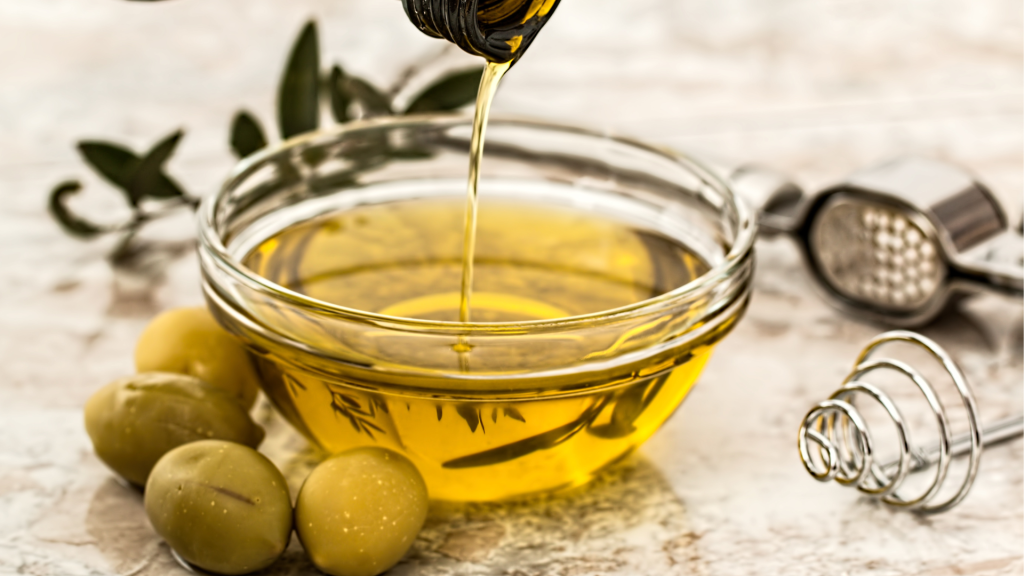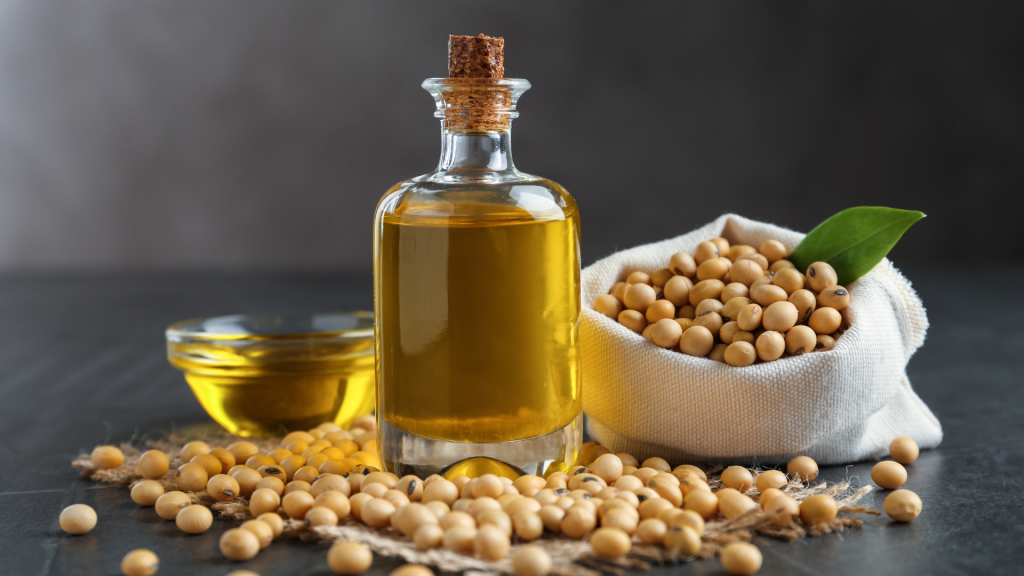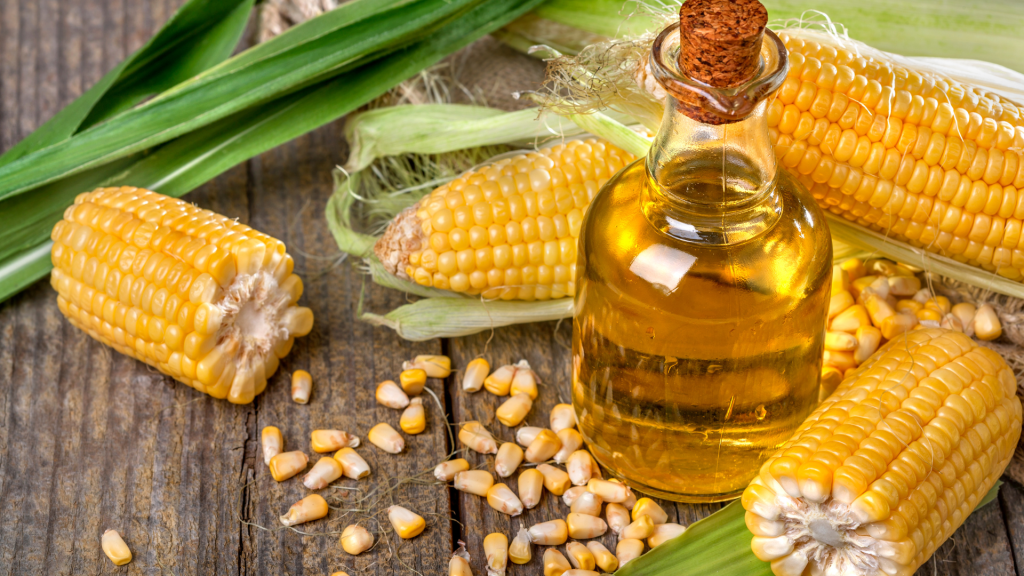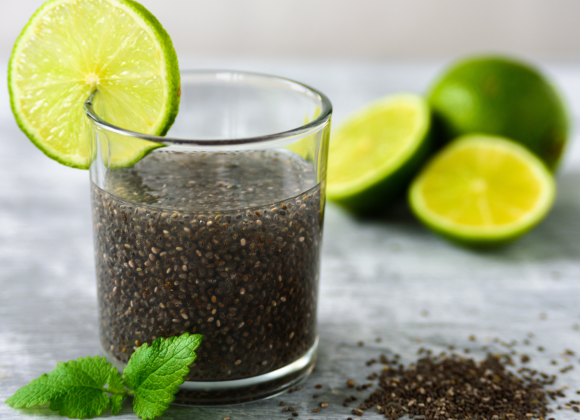While cooking oils are essential in every kitchen, not all varieties are created equal. Shockingly, some commonly used oils can worsen inflammation, spike bad cholesterol levels, and even increase the risk of chronic diseases. Despite clever marketing claims, many oils labeled as “heart-healthy” undergo heavy processing that makes them harmful over time.
In this comprehensive guide, we’ll thoroughly analyze the five worst cooking oils you must ban from your kitchen, supported by scientific studies, expert insights, and healthier alternatives. (🔗)
1. Partially Hydrogenated Oils (Trans Fats)—The Most Dangerous Oil
What Exactly Are They?
Produced through an artificial process called hydrogenation, these oils have hydrogen forced into liquid vegetable oils to solidify them. Unfortunately, this method creates toxic trans fats, which are disastrous for health.

Why They’re So Harmful:
- They dramatically increase LDL (“bad”) cholesterol while simultaneously lowering HDL (“good”) cholesterol.
- Strongly linked to heart disease, stroke, and type 2 diabetes.
- Chronic inflammation caused by these oils is associated with obesity, cancer, and Alzheimer’s.
- Although banned by the FDA in 2018, trace amounts still lurk in some products.
Where They Hide in Your Diet:
✔ Margarine & vegetable shortening
✔ Packaged cookies, crackers, and pastries
✔ Fried fast foods like French fries and fried chicken
✔ Surprisingly, even non-dairy coffee creamers
Healthier Swaps You Should Use Instead:
- Extra virgin olive oil (ideal for salads & low-heat cooking)
- Avocado oil (excellent for frying due to its high smoke point)
- Grass-fed butter or ghee (packed with beneficial fats)
2. Soybean Oil—The Inflammatory Culprit

The Hidden Dangers of This Oil:
Despite being one of the most widely consumed oils in the U.S., research reveals alarming facts:
- Extremely high in omega-6 fatty acids, which trigger chronic inflammation when not balanced with omega-3s.
- Frequently genetically modified (GMO) and doused in pesticides like glyphosate.
- When heated, it degrades into harmful compounds, increasing oxidative stress.
What Studies Reveal:
- A 2015 study in Endocrinology discovered that soybean oil caused more obesity and diabetes in mice than coconut oil or fructose.
- Another concerning study connected high soybean oil intake to neurological issues like autism and anxiety.
Common Foods Containing This Oil:
✔ Processed items such as mayonnaise, salad dressings, and chips
✔ Fast-food frying oils
✔ Many deceptive “vegetable oil” blends (often just soybean oil)
Superior Alternatives to Consider:
- Extra virgin olive oil (opt for cold-pressed varieties)
- Coconut oil (remains stable under high heat)
- Macadamia nut oil (offers a better omega-3 to omega-6 balance)
3. Canola Oil—The Misleading “Healthy” Option

The Truth Behind the Marketing Hype:
Touted as heart-friendly, canola oil has several red flags:
- Extracted using chemical solvents like hexane, potentially leaving toxic residues.
- Contains erucic acid, which in large doses may harm the heart (though most commercial versions have reduced levels).
- Heavily refined, stripping nutrients and raising oxidation risks.
Expert Opinions on Its Risks:
- Dr. Cate Shanahan (author of Deep Nutrition) argues that industrial seed oils like canola fuel metabolic disorders.
- A 2018 study in Scientific Reports found that canola oil impaired memory and learning in mice, mimicking Alzheimer’s effects.
Where It Sneaks Into Your Meals:
✔ Restaurant deep-frying oils
✔ Store-bought baked goods
✔ Numerous “healthy” processed snacks
Wiser Choices for Your Kitchen:
- Avocado oil (neutral taste with a high smoke point)
- Grass-fed tallow or lard (perfect for frying)
- Cold-pressed olive oil (best for low-heat dishes)
4. Corn Oil—The GMO and Pesticide-Ridden Choice

Reasons to Eliminate It from Your Diet:
Corn oil ranks among the worst oils for promoting inflammation and oxidative damage:
- Derived from GMO corn, typically saturated with glyphosate (a probable carcinogen).
- Overflowing with omega-6 fats, which fuel inflammation when unbalanced.
- Animal studies link it to liver damage and obesity.
Research That Raises Alarms:
- A 2017 study in Scientific Reports showed that mice fed corn oil developed faster tumor growth than those given coconut oil.
- The Environmental Working Group (EWG) identifies corn as one of the most pesticide-laden crops.
Where It’s Commonly Found:
✔ Processed snacks like chips and popcorn
✔ Certain margarines & shortenings
✔ Fast food frying oils
Healthier Substitutes to Try:
- Extra virgin olive oil (fights inflammation)
- Coconut oil (stable for cooking)
- Grass-fed butter (contains CLA, a beneficial fat)
5. Refined Sunflower Oil
Commonly used for frying due to its neutral taste and high smoke point, refined sunflower oil poses hidden health risks:

Key Concerns:
- Omega-6 overload: Excessive intake disrupts the omega-3:6 balance, triggering inflammation
- Toxin risk: High-heat cooking generates DNA-damaging aldehydes (per Food Science & Tech studies)
- Ultra-processed: Chemical refining removes nutrients and leaves harmful residues
Avoid Because:
- High in inflammatory omega-6s (disrupts omega balance)
- Forms toxic aldehydes when heated
- Heavily processed (loses nutrients, may contain solvents)
Better Choices:
- High-oleic sunflower oil (more stable)
- Avocado oil (best for high heat)
- Extra virgin olive oil (healthiest for low-medium heat)
Final Verdict: Smart Oil Choices for Optimal Health
Top Recommended Oils:
| Oil | Best For | Smoke Point |
|---|---|---|
| Extra Virgin Olive Oil | Salads, low-heat cooking | 325°F (163°C) |
| Avocado Oil | Frying, roasting | 520°F (270°C) |
| Coconut Oil | Baking, sautéing | 350°F (177°C) |
| Grass-Fed Ghee | High-heat frying | 485°F (252°C) |
Oils to Avoid at All Costs:
- Partially hydrogenated oils (trans fats)
- Soybean oil
- Canola oil
- Corn oil
- Cottonseed oil
Pro Tip for Healthier Cooking:
Always select cold-pressed, unrefined oils and steer clear of “vegetable oil” blends, which typically contain the worst offender.




